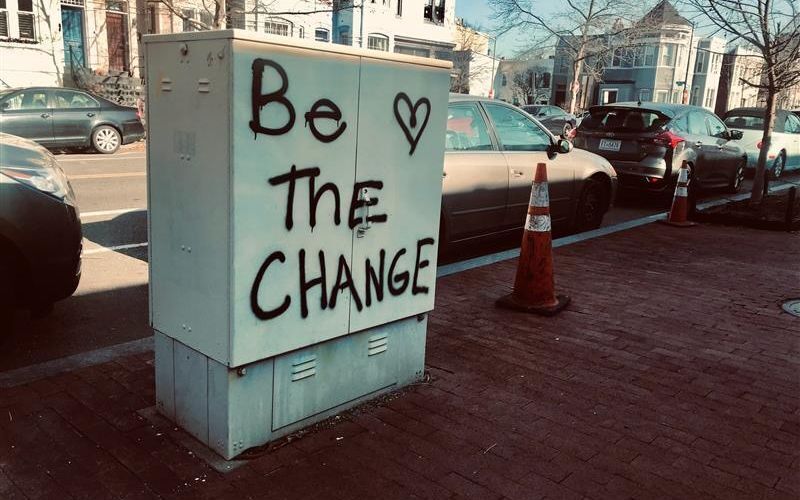Darwin Revisited: Compassion Key to Our Survival
by Eric Nelson
Humphrey Bogart never said, “Play it again, Sam.” Darth Vader never said, “Luke, I am your father.” And Charles Darwin is not the one who coined the phrase, “Survival of the fittest.” What he said is actually a lot more compelling and has a lot more to do with the survival of the human species than mere physical fitness.
“Sympathy will have been increased through natural selection,” Darwin wrote in TheDescent of Man and Selection in Relation to Sex, “for those communities which include the greatest number of the most sympathetic members, would flourish best, and rear the greatest number of offspring.”
In other words, when it comes to durability, compassion is king.
For Emma Seppala, compassion is also the focus of her work as the associate director of Stanford University’s Center for Compassion and Altruism Research and Education (CCARE), an organization devoted to promoting compassion within individuals and society through research, scientific collaboration and academic conferences.
“Research shows that compassion is very natural for us,” said Seppala during a recent interview, “but the topic hasn’t received as much attention, because in science, there is more of a focus on healing illness and ailments and less of an emphasis on thriving and optimal well-being.”
While conventional wisdom and even some scientific studies would suggest that humans generally act out of self-interest, Seppala says, “We have as many, if not more, impulses to act kindly and with compassion.”
These impulses are often described in biological and physiological terms, something rooted in our brain, “a natural and automatic response that has ensured our survival,” as Seppala wrote in a recent article. Others see it in more spiritual terms, as an irresistible, even divinely inspired urge to “do the right thing.” Most everyone agrees, however, that compassion is innate, even if it takes a little convincing.
“I had one man email me and say, ‘I don’t think I’m as compassionate as women. I’ll never be like that. I don’t feel like a compassionate person,’ and it just breaks my heart,” said Seppala. “I wrote back and said, ‘You know, your compassion might just look different. You might want to protect people, rather than cuddle up with them.’ It is something so natural.
“So I guess the one message I try to get across to people is that they are already compassionate.”
The good news, says Seppala, is that not only is compassion an inherent quality, it also has the effect of improving our health by increasing our connection with others.
“One telling study showed that lack of social connection is a greater detriment to health than obesity, smoking and high blood pressure,” wrote Seppala. “On the flip side, strong social connection leads to a 50 percent increased chance of longevity. Social connection strengthens our immune system, helps us recover from disease faster, and may even lengthen our life.”
She suggests that one of the best ways to make these kinds of healthy connections is by simply hanging out with compassionate people, a practice she says leads to “a state of elevation” and inspires a “chain reaction” of compassion.
“I actually think that just having people go out and doing service is a great way for them to realize the impact of compassion,” she said. “Being around someone who is incredibly inspiring, that in itself can change your life.”
Of course, being compassionate can also change the lives of others. Although there isn’t as much research available in terms of the effect of compassion on the receiver as opposed to the giver, anecdotal evidence dating back thousands of years would suggest that everyone benefits.
The Buddha, certainly, was someone who knew first-hand the impact compassion can have on someone in need. And Jesus – the man who insisted on the importance of “loving your neighbor as yourself” – provided plenty of examples of how compassion could improve both the mental and physical well-being of others. “Go, and do thou likewise,” he said, referring to his work, implying that it’s not just about being nice to people, but cultivating a frame of mind capable of healing the entire array of human ailments.
So what does Seppala see on the horizon in terms of compassion research?
“I think we should be figuring out ways to increase compassion in people that makes this natural, healthy and happy state more accessible to them,” she said.
With this kind of commitment, it would appear that the survival of our species is assured.

